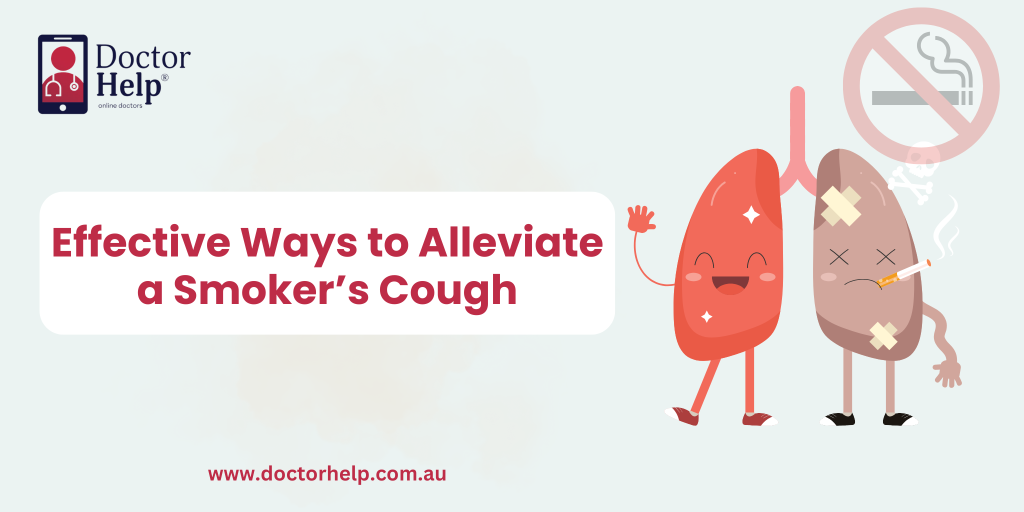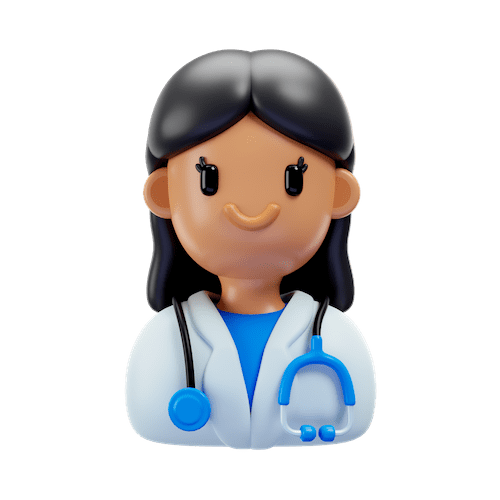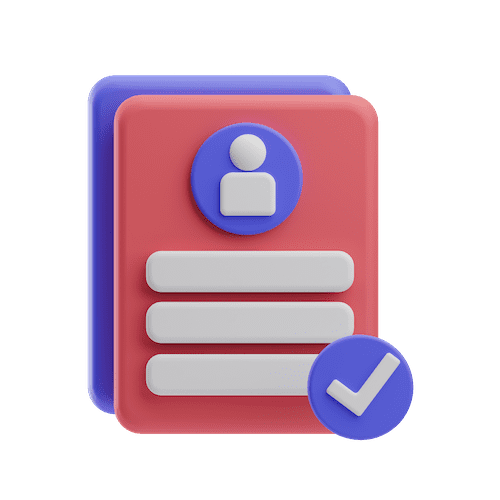Smoker’s cough is a chronic cough that’s common in long-term smokers. It’s caused by the body’s attempt to clear mucus and irritants from the airways.
Table of Contents
Smoking may cause chronic cough. However, the best method to reduce coughing and enhance lung health is to stop smoking. I will go over what you need to know about a smoker’s cough here, including how to prevent it.
How Smoker’s cough differs from a regular coughing?
The sound of a smoker’s cough differs from ordinary coughing. It consists of crackling and wheezing sounds that are connected to mucus in the throat. Additionally, smokers typically have wet or productive cough. This indicates that it carries large amounts of phlegm and mucus.
What do smoker develop a cough?
Smoking releases chemicals into the lungs, which can alter the airway and cause inflammation. Smoking harms cilia, which are tiny hairs that border the airways and typically keep them free. Additionally, smoking increases the amount of mucus produced by airways.
The initial symptom of chronic obstructive pulmonary disease (COPD) may be smoking cough. It is a prevalent, progressive lung disease that is frequently caused by smoking.
Symptoms of Smoker’s cough
- Persistent ongoing cough.
- The production of phlegm.
- Wheezing and dyspnea.
- Irritation of the throat and,
- Worsening of symptoms in the morning.
Solutions to Alleviate a Smoker’s Cough
Give up Smoking: Quitting smoking is the best course of action if a smoker has cough. After giving up, coughing usually improves within a month. This may disappear entirely.
Medications: Your doctor may recommend drugs such as bronchodilators, corticosteroids, or cough suppressants to help control the symptoms of a smoker’s cough depending on the severity of the disease. These drugs work to ease coughing, clear airways, and lessen inflammation in the airways.
Home Remedies: Some people try various home cures to treat smokers’ cough. These include:
- honey.
- The herbal remedy pelargonium.
- Over the counter cough medicines.
- Drinking water.
- Warm beverages.
- Sucking lozenges.
When to see your doctor: Consult your physician to determine whether you have an underlying illness that causes your cough if the symptoms interfere with your day-to-day activities. These symptoms includes:
- a persistent cough and pain.
- unusual weight reduction.
- bone pain.
- headaches.
- coughing up green or yellow mucus.
Telehealth support with stopping smoker’s cough
Telehealth can be used to manage chronic diseases in numerous ways:
- Virtual consultations with healthcare professionals.
- Online Prescription.
- Electronic reminders for impending appointments and drug dosage.
- Remote patient monitoring, in which patients check their own blood pressure and communicate the results to healthcare professionals.
- Educational outreach.
Why Telehealth importance in managing chronic diseases?
Proper management involves marathons for individuals with chronic and complicated medical illnesses. Better communication between patients and their healthcare professionals as well as between all members of the patient’s healthcare team can be facilitated by telehealth.
Conclusion
The easiest strategy to stop a smoker from coughing and avoiding serious conditions is to quit smoking. Quitting smoking is difficult, but it is worthwhile. Your telehealth doctor can offer support and recommend cessation programs.
It does not have to be difficult to treat a smoker’s cough; all you need to do is put the appropriate techniques into practice to get the air out and resume feeling fantastic. Giving up smoking, drinking lots of water, and forming a few simple routines will help you become healthier and stop coughing. Think of it as reviving your lungs, allowing you to breathe easily and enjoy life without bothersome cough.











